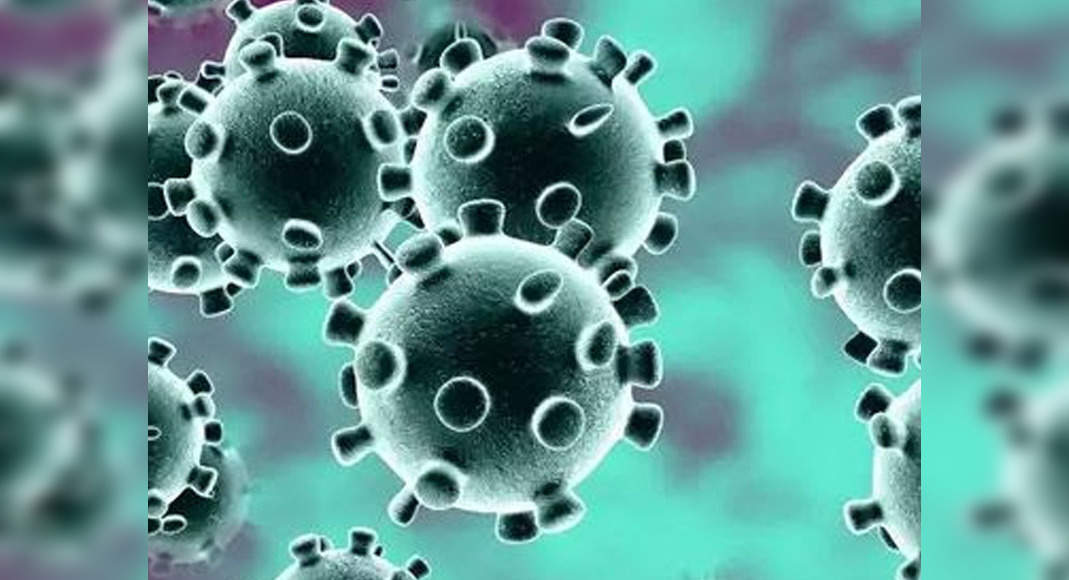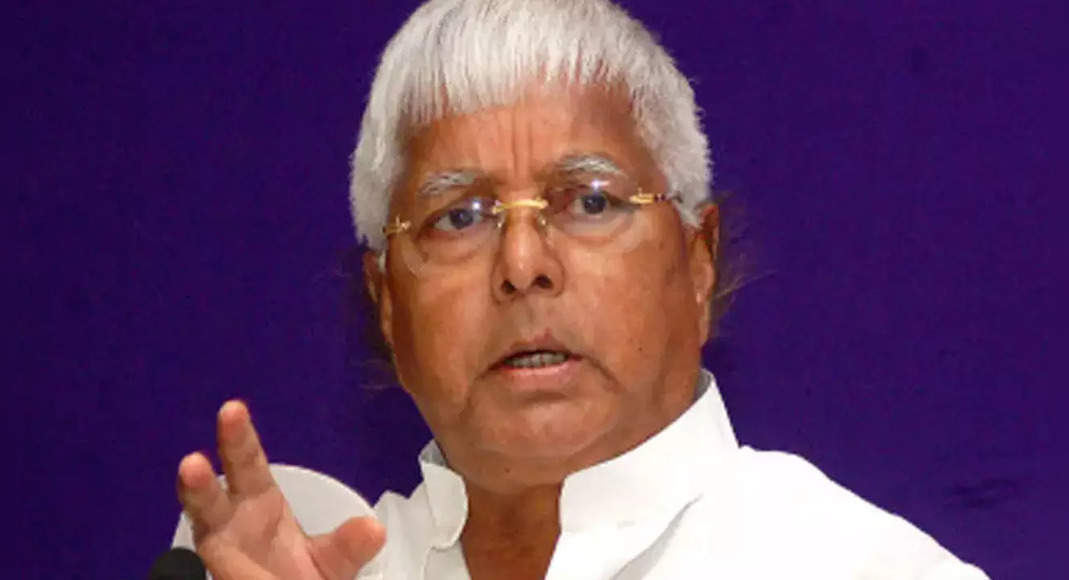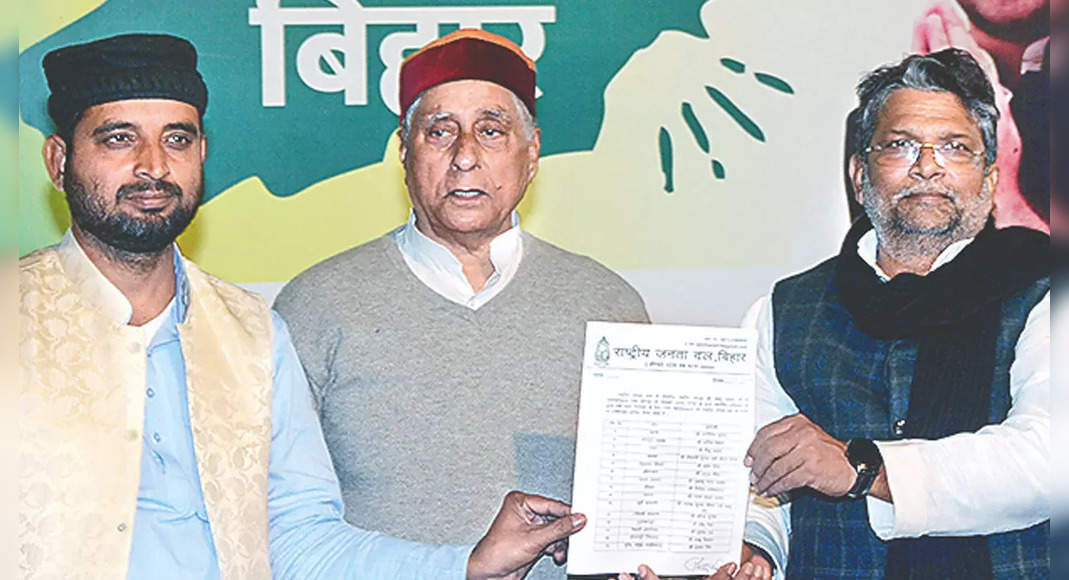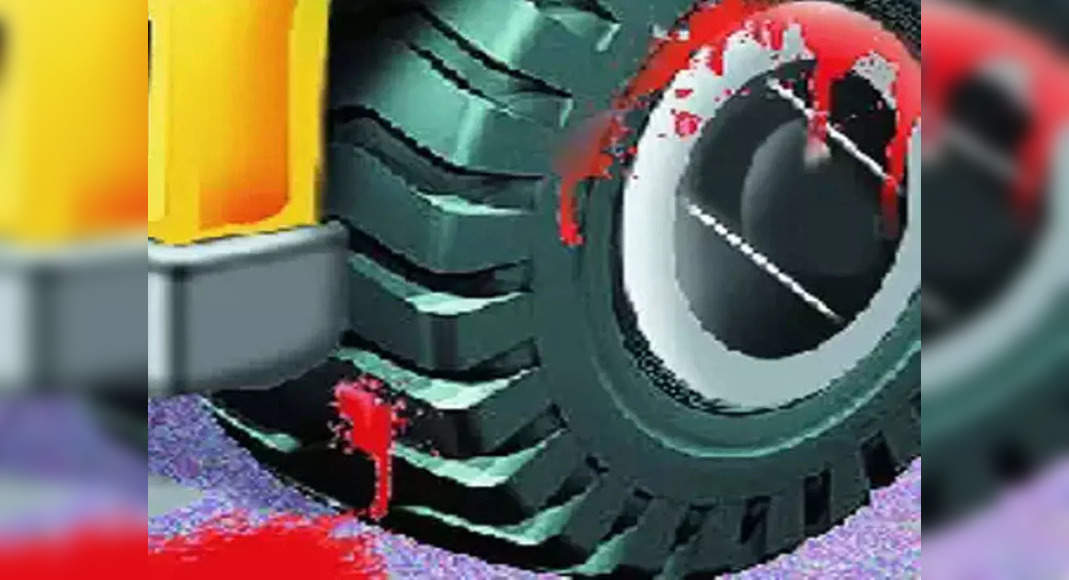PATNA: Patna has been ranked 13th when it comes to vulnerability of cities in spreading infectious diseases, including Covid-19, through transportation networks, according to the ‘hazard map’ prepared by the Indian Institute of Science Education and Research (IISER), Pune.
A team of researchers devised this map of Indian cities, including 446 cities with over 1 lakh population, to understand the spread of infectious diseases from a host city reporting an outbreak and its spread.
The institute used different modes of transportation, such as air, rail and road between cities to create this hazard map.
They opined that infections can travel out from cities because of the well-connected transport hubs.
From Bihar, 26 cities were included in the study and five figured on the list top 100 vulnerable cities.
Haveli Kharagpur stood at 61st position, Gaya 66, Muzaffarpur 73, Bhagalpur 81 and Ara 87.
Chhapra, Buxar, Danapur, Hajipur, Begusarai, Darbhanga, Katihar and Kishanganj figured in the rank between 101 and 200.
Siwan, Sasaram, Dehri and Jamalpur, on the other hand, figured in the rank between 201 and 300.
In the rank between 301 and 400, six Bihar cities – Bagaha, Bettiah, Motihari, Purnia, Jehhanabad and Saharsa found their mention.
Munger got 425th rank to emerge as least vulnerable city in the state as far as spreading infectious diseases is concerned.
Delhi, Mumbai, Kolkata, Bengaluru, Hyderabad, Chennai, Ahmedabad, Lucknow, Jhansi, Pune and Jaipur occupied the top 10 positions.
Dr Rajiv Ranjan Prasad, former president of Bihar unit of Indian Medical Association, said the state was in danger as far spread of infectious diseases was concerned due to reverse migration of the poor.
“Experts have predicted third wave of Covid.
It is time for the state government to expedite vaccination drive to save lives,” he said.
“The ISSER study is kind of a warning signal.
It’s time for the state to prepare in advance to tackle infectious diseases.
Sanitation is still not up to the mark in public transport.
Safety protocols should be followed, free vending machines for face mask should be installed at transport hubs and proper disposal system should be in place.
Awareness is also important to curb the spread of the infection,” Dr Rajiv added.
Dr Arun Shah, a Muzaffarpur-based senior paediatrician and former president of Indian Academy of Paediatrics-Bihar, said only vaccination could interrupt the chain of transmission.
“Every eligible person should be vaccinated with two doses in order to break the transmission chain.
A large part of the population is still not immune in the state,” he said.
Dr Shah said Covid should be treated as influence-like disease.
“Strong surveillance system is important to trace, test and treat the Covid-infected people,” he added.
Dr A K Ashu, joint director of Indira Gandhi Institute of Cardiology (IGIC), said all the waves of pandemic started from metro cities, especially from the slum areas which are densely populated and people live there in unhygienic conditions.
“These are the reasons why spread of Covid started from metro cities like Delhi, Mumbai and Kolkata.
To curb the spread, the government should target the slums and ensure proper screening at railway stations and bus stands,” he said.
“Quarantine and isolation centres should be developed well in advance with all facilities.
Vaccination should be expedited to cover at least 50-60% population before the third wave hits the state and the country,” Dr Ashu added.







